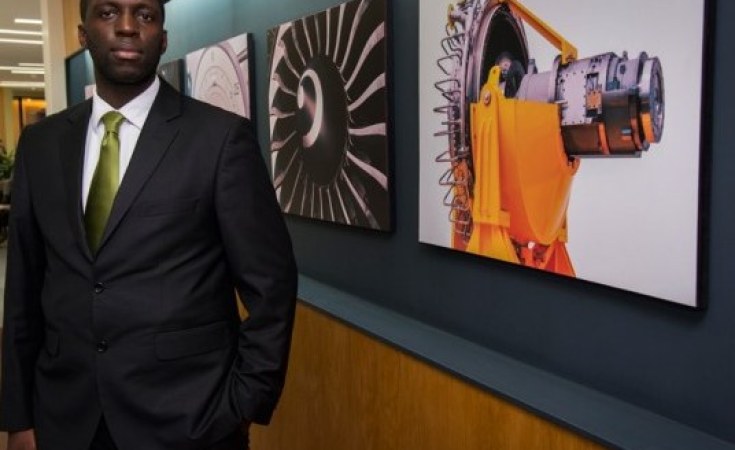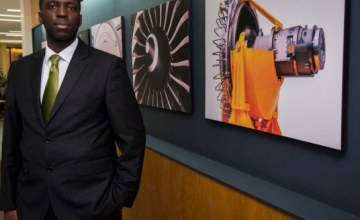Lagos — The synergy that exists between African countries has contributed to the continent becoming the fastest growing in the world. The World Bank projects that Africa's GDP will grow by 5.2%, surpassing 2013's growth of 4.7%. While it is easy to make the argument that the whole of the African continent is greater than the sum of its parts, focusing efforts on strengthening and growing the "parts" will ensure that the sum continues to be great.
While Africa's future is certainly bright, efforts are still needed to strengthen and grow the skills, resources and quality of life in many of the continent's 54 countries. To be a partner in Africa's sustainable future, GE launched the GE Kujenga citizenship programme at the WEF Africa conference in May to work towards GE's principles of Empower, Equip and Elevate.
Kujenga, meaning 'build' in Swahili, is an appropriate choice given the types of activities that will be launched under this programme, but especially because it mirrors GE's intentions in Africa.
Recent initiatives illustrate how this concept will become part and parcel of activities on the continent.
Take, for example, the commitment of up to $5 million to a partnership with the African Leadership Academy that aims to boost leadership skills through a training, internship and postgraduate employment programme. In a similar vein, the GE Africa Learning Advisory Board is dedicated to the development of local technical skills.
GE has also recently invested $2 million in a Nigerian Government Technical College, known locally as Calabar Tech, to upgrade facilities, equipment, instructor training and the curriculum.
The commitment to equipping Africa is focused on bringing tools, technology and training to underserved areas. This will become evident in solutions and support to strengthen rural health systems and respond to disasters.
This commitment has already been seen in the introduction of GE's Developing Health Globally™ programme that currently operates in nine countries on the continent. This initiative aims to improve healthcare for mothers and children as identified in Goals 4 and 5 of the Millennium Development Goals.
A range of other healthcare-related projects have been rolled out and will be expanded under GE Kujenga. This includes efforts such as ImPACT Africa, which assists in the delivery of safe surgery in rural Western Kenya, and the supply of and training for the revolutionary Vscan hand-held ultrasound device to improve the well-being of pregnant mothers.
The final pillar of the GE Kujenga strategy is to elevate ideas that are helping solve Africa's challenges. This is a truly exciting component that supports innovative and entrepreneurial Africans to launch life-changing initiatives.
Among those that demonstrate the reach and impact of African solutions to African problems is the Off-Grid Energy Challenge. The Challenge, a collaboration with the US African Development Foundation and USAID, promotes innovative solutions to develop, scale up or extend proven technologies for off-grid energy.
It is no coincidence that this initiative is focused on bringing power to communities not on the power grid, as it is exactly these types of challenges that GE Kujenga aims to address.
The focus on innovation and entrepreneurship is also evident in the Distributed Power University Challenge in Kenya that identifies and rewards projects that provide power to local communities. Examples of ingenious ideas that have already received recognition include a system that uses mobile phones to control wind turbines providing power to rural households.
The weaving together of efforts by like-minded partners is central to GE Kujenga achieving its aims. This process has already started in earnest and hopes to create that sense of fellowship and humaneness for which African communities are known and respected.



